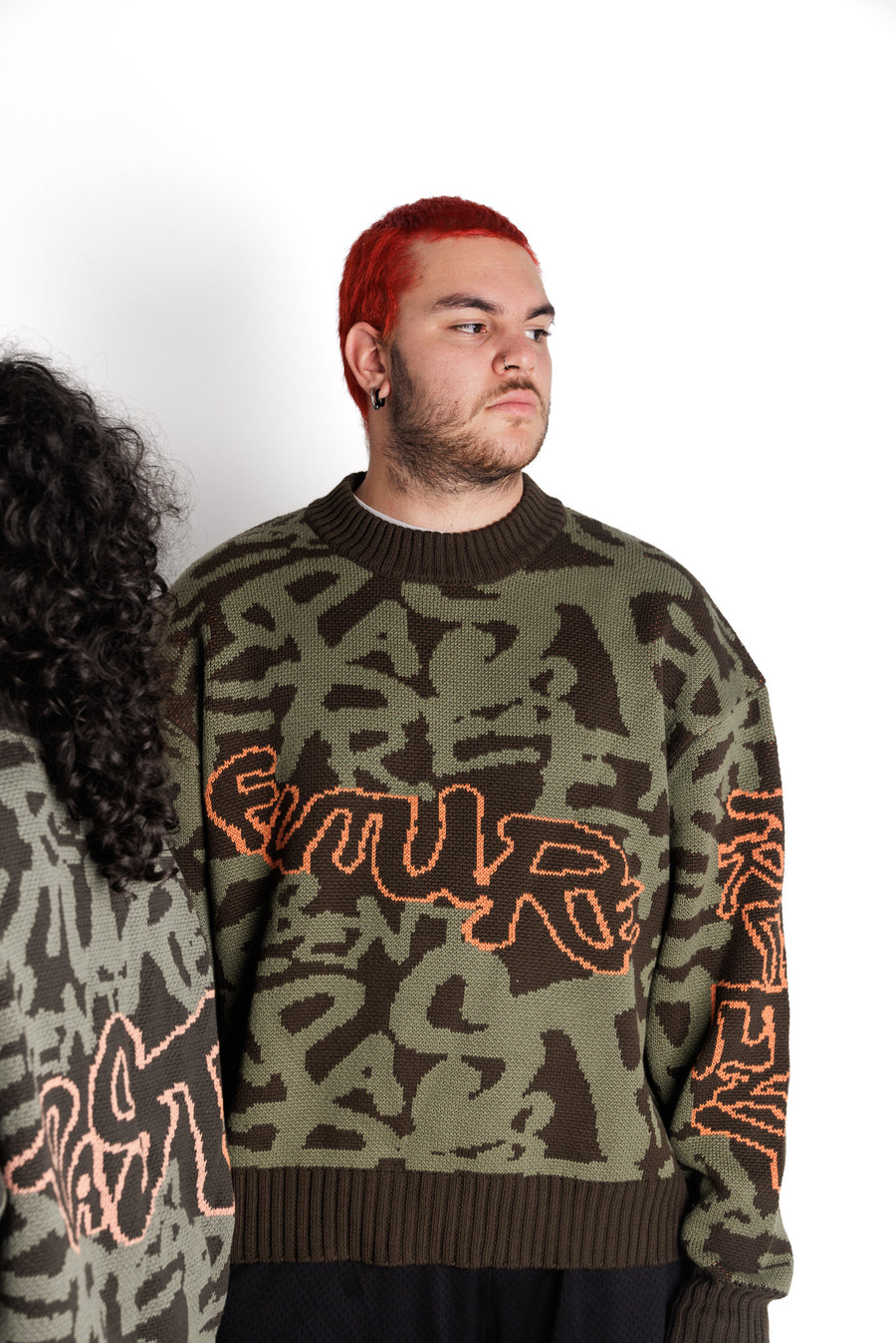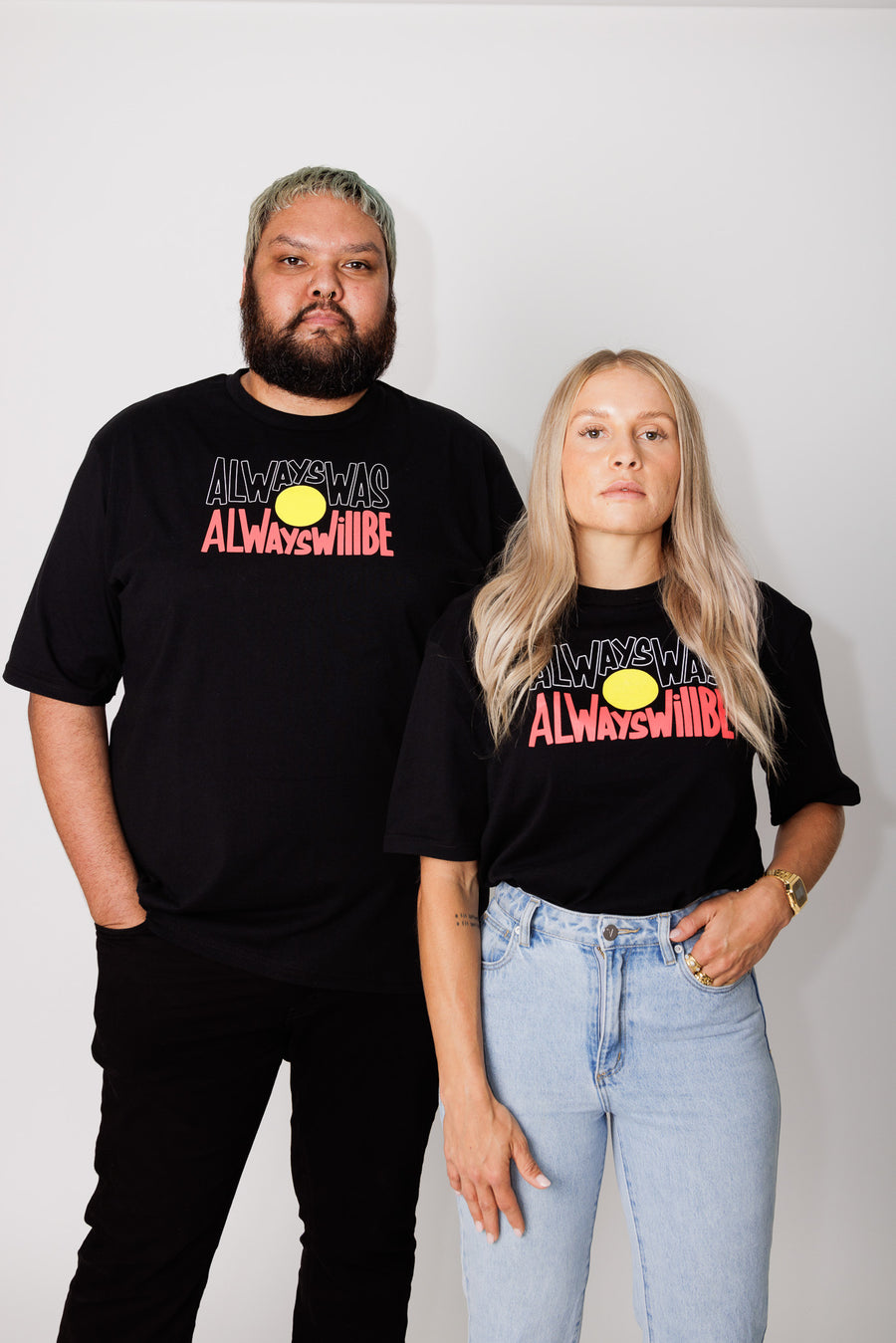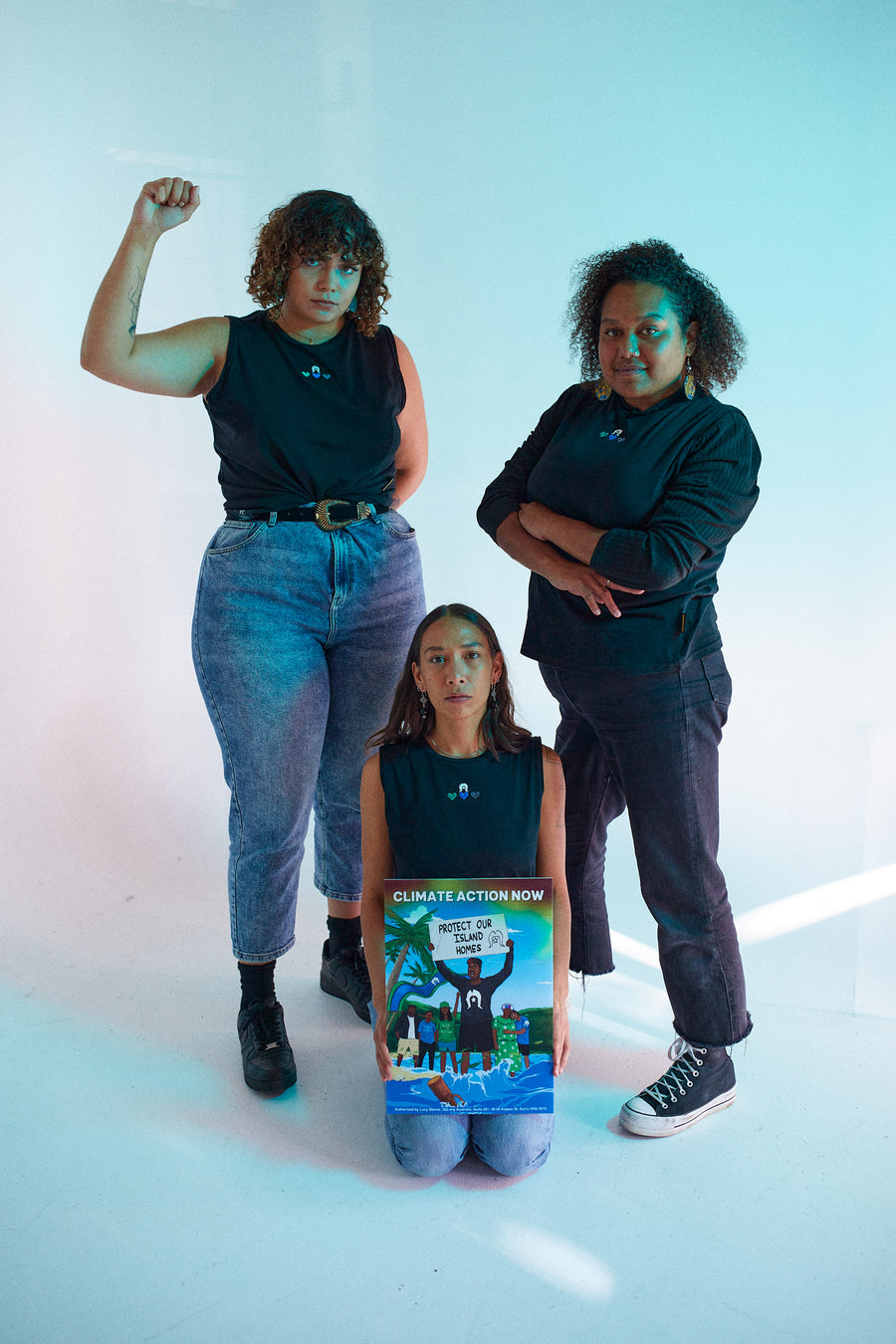Vogue Australia- Solidarity down under: how fashion designers are responding to the US protests
As events continue to unfold in the US and sister movements spring up around the world, local voices have joined the conversation. As parallels between the racial injustices experienced in America to those in Australia are thrown into sharp relief, a cadre of voices from our creative corners are expressing sympathy, outrage and anger. They remind us that we are in a country whose history includes brutal realities endured by Indigenous Australians, who still suffer in staggeringly disproportionate numbers at the hands of our current system. Using their platforms to confront the ugly truths of history past and present carried out against minorities, particularly the Aboriginal community, Vogue asked those who have spoken up, to tell us why, what actions they are carrying out, and how fashion communities, and we might all play a part in continuing action and conversation.
Our Chief Creative Officer, Sianna Catullo Spoke to Vogue Australia about it.
Why are you using your platform to speak about this issue? Why do you feel the need to speak up?
“As an Aboriginal-owned and led fashion label, we feel the need to speak up about social issues that First Nation people are affected by daily, not because its ‘trending’ because it’s the right thing to do. As Aboriginal people we don’t have a choice to be political. We are born political. Currently, while the system fails us and mainstream media doesn’t represent us, we use our platform to educate, raise awareness and seek support from wider Australia. While the system silences us, we use fashion as a contemporary way to rise up and have a voice. Systematic racism and oppression of Aboriginal people is prevalent in Australia. It is one of the highest causes for deaths and suicides amongst our community. There has been over 400 deaths in custody since the Royal Commission into Aboriginal Deaths in 1991.”
What concerns do you hold as a brand generally surrounding this issue that you expressed on social media?
“We are a social enterprise creating a ‘fearlessly progressive’ community who have the confidence and knowledge to speak out against racism and to celebrate Aboriginal Australia. We hope this initial engagement of new people in this space will be the start of an ongoing movement to dismantle white supremacy systems in Australia that continue to oppress First Nation people. We want people wearing our clothes and talking about these issues all the time. Not because its ‘trending’ or National Reconciliation Week or NAIDOC week. Your values must align with ours. ‘Wear your values on your Tee’ not what’s seen to be popular to tick a box.”
Are there any actions you have taken as a label that you would like to share, or any ways your label generally embodies a message of positivity around this issue?
“We are passionate about showcasing bla(c)k excellence. While mainstream media represent us wrongfully, we are proud to platform and celebrate Aboriginal role models in our community and give them a platform to speak on issues, be heard and fight for justice. We are leading National campaigns such as the Free the Flag and Shades of Deadly campaign.”
Personally, do you feel creative industries like fashion should or can be part of the conversation? How would you like to see the industry take part? Why?
“Fashion gives Aboriginal design, culture and messaging visibility in the world. It makes Aboriginal people feel seen and heard in Australia. It is a powerful vehicle for starting conversations...If the industry wants to meaningfully take part in these conversations or campaigns, there needs to be more POC, specifically First Nation people working in the space, or collaboration with Aboriginal platforms, businesses and NGO’s. It is important that the fashion industry’s impact is meaningful and sustainable and they are in it for the right reasons.”
What would you like to encourage your following to do? How can individuals make a difference?
- “Educate yourselves. Don’t lean on First Nation people and expect them to do your own research.”
- “Listen to First Nation people and work alongside them.”
- “Celebrate Aboriginal culture and speak out against injustice.”
- “‘If you are neutral in situations of injustice, you have chosen the side of the oppressor’ - Desmond Tutu.”
- “Aboriginal history is Australia’s history. White Australia has a black history. Aboriginal issues are Australian issues. Use your voice and speak out.”






Leave a comment